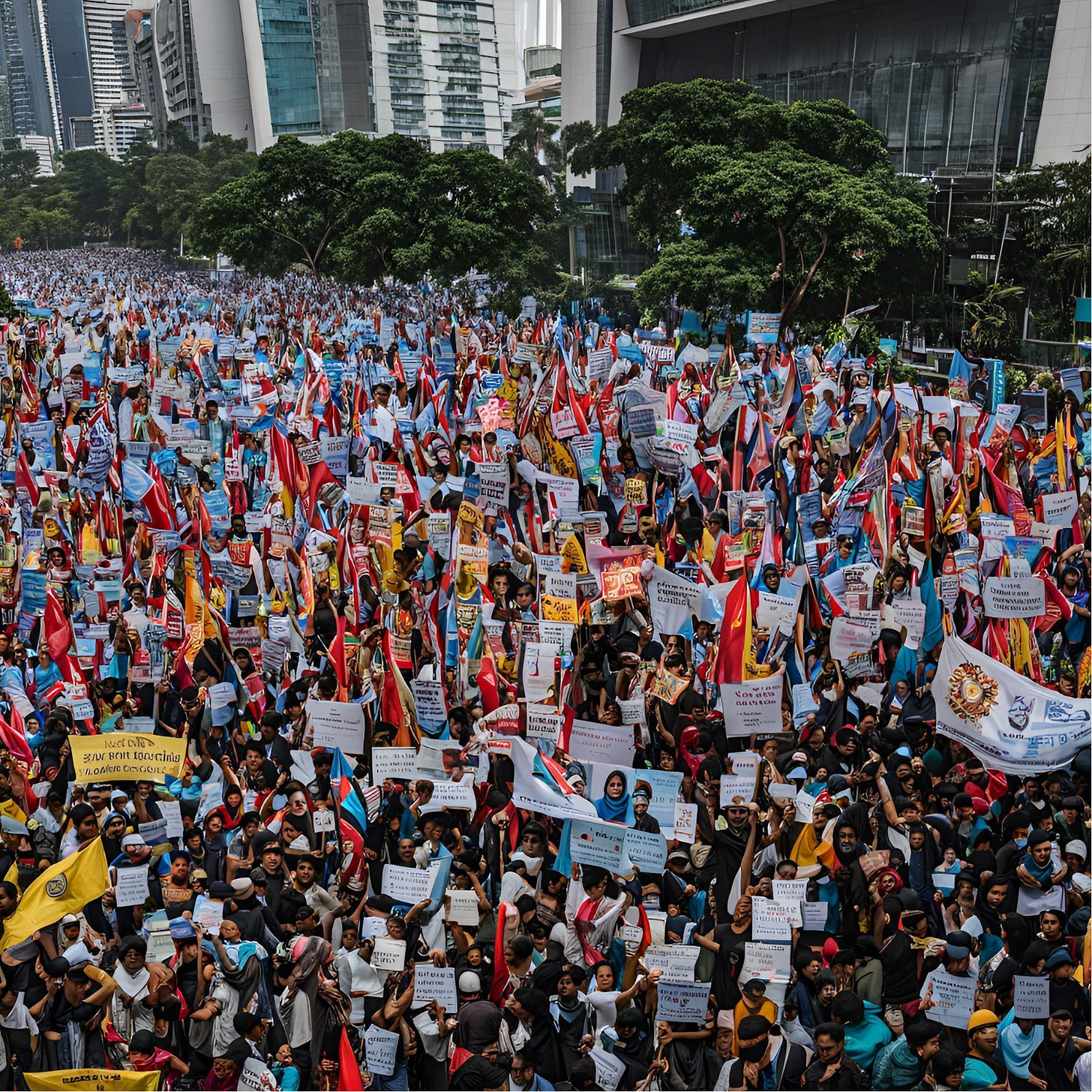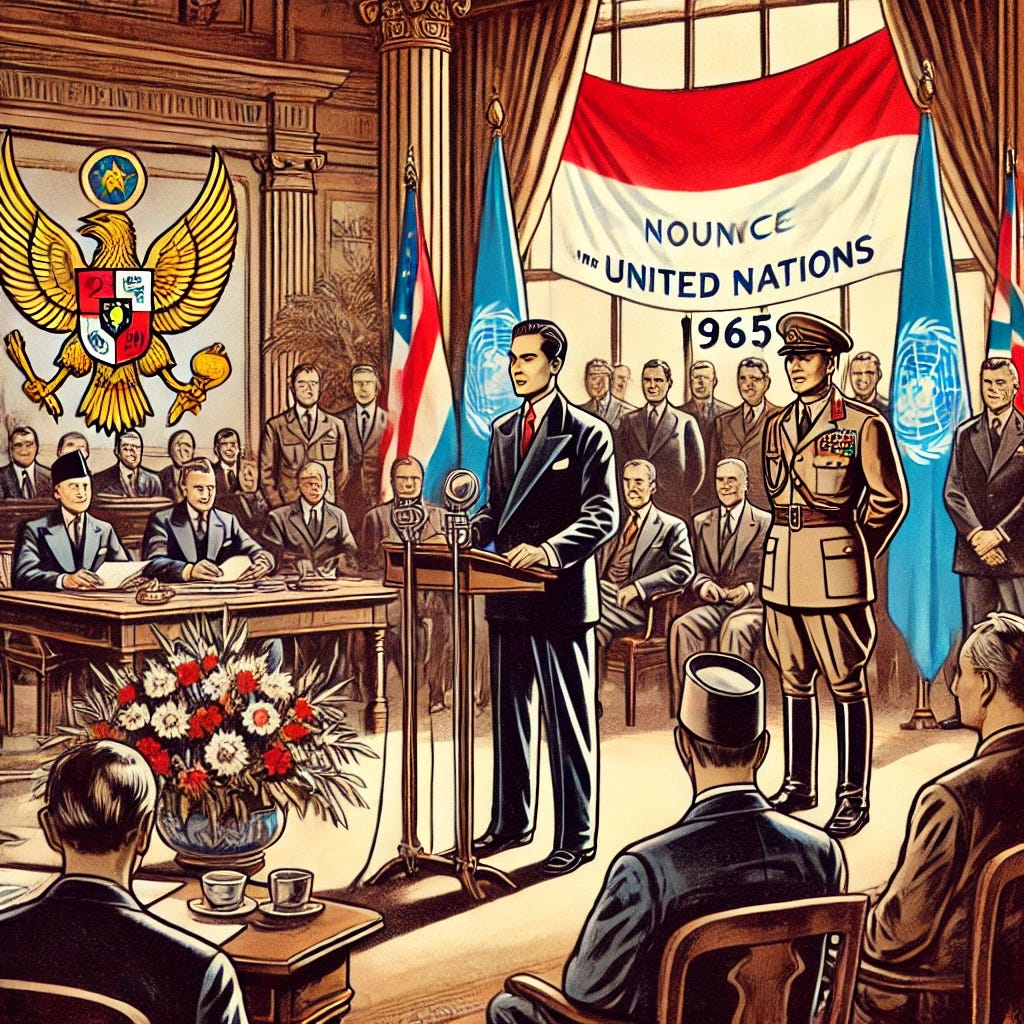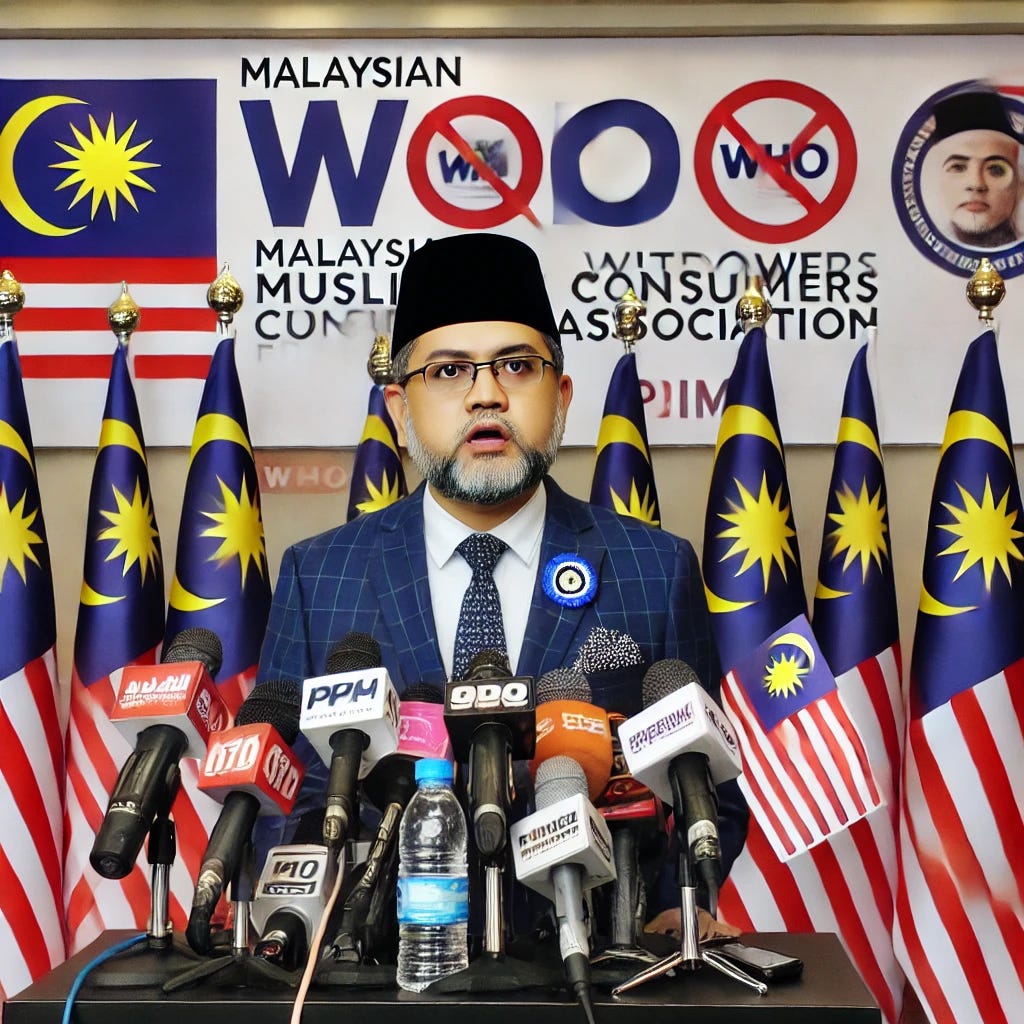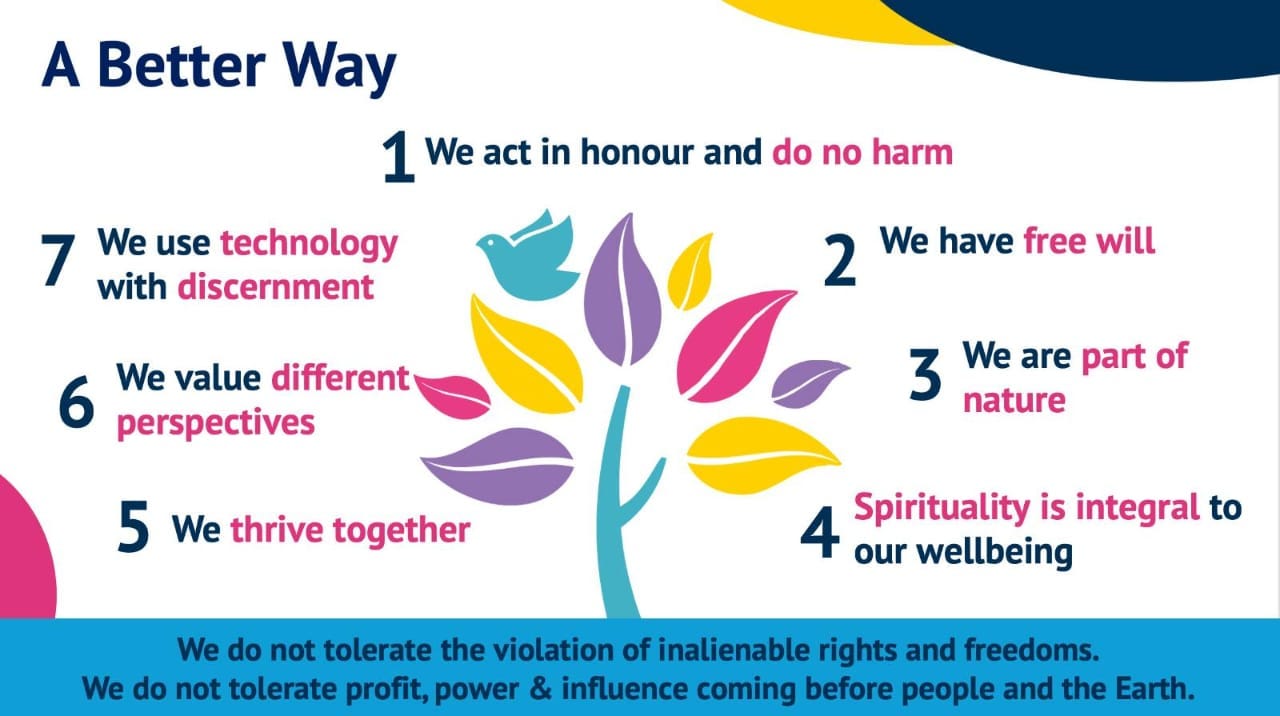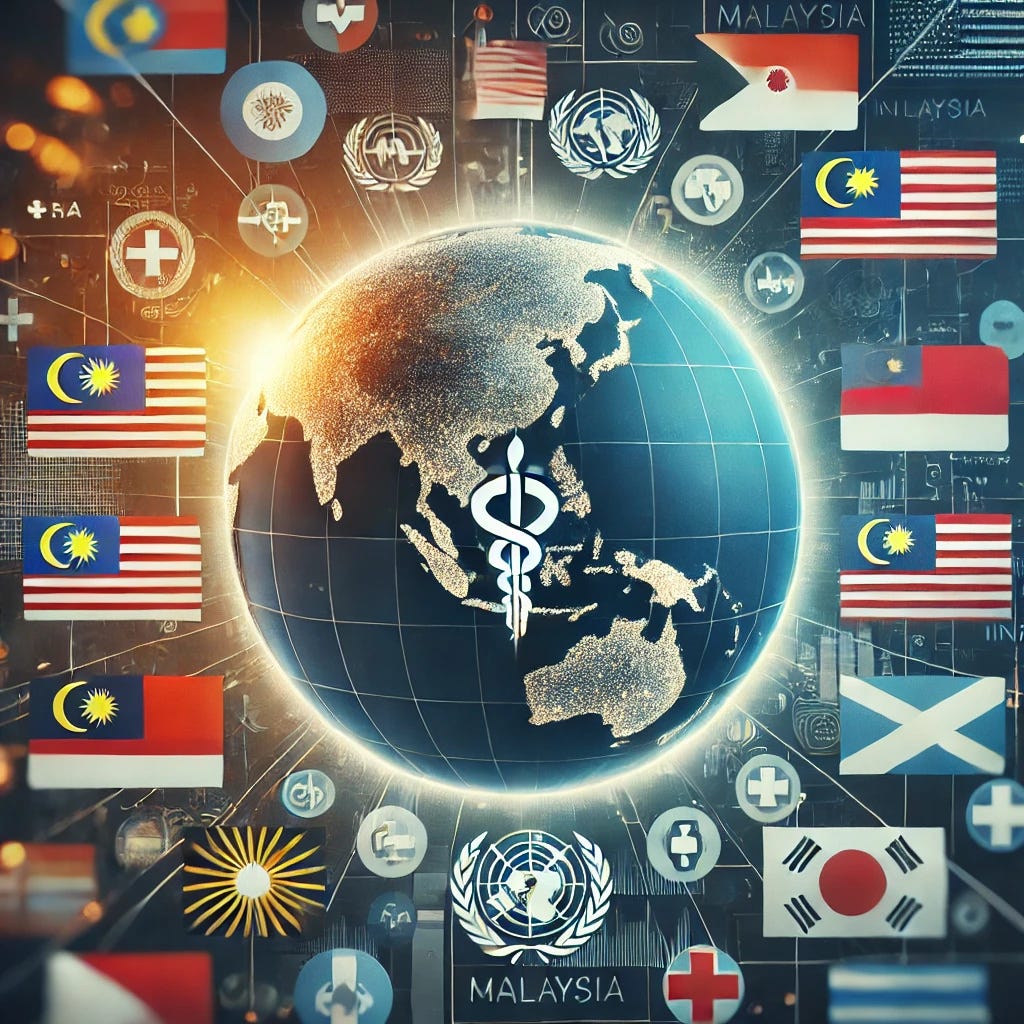- Joined
- Jun 17, 2020
- Messages
- 13,607
- Points
- 113
WHO: USA has backed down.. How is the problem of Malaysia?
Update 13:15
MEDIA STATEMENT
US WITHDRAWS FROM WHO: MALAYSIA NEEDS TO CONSIDER SIMILAR STEPS
KUALA LUMPUR, 24 JANUARY 2025 – The Islamic Consumers Association of Malaysia (PPIM) welcomes the bold step of the President of the United States, Donald J. Trump, who has signed an executive order to withdraw the United States from the World Health Organization (WHO). This action is seen as an effort to prioritize country sovereignty and ensure health management is more independent.
As is known, the United States is the largest contributor to the WHO, contributing about 18% of the organization's total funds, with the WHO budget for 2024-2025 estimated to be US$6.8 billion (RM27.2 billion).
The Trump administration's actions are not surprising in that it took similar steps in 2020. This step provides an opportunity for other countries, including Malaysia, to review the relationship with WHO and the country's public health policy.
Measures Proposed by PPIM:
1. Re-evaluation of the National Health Approach
Malaysia's health system, which is based on an allopathic approach or Western medicine, needs to be re-evaluated. This includes the use of synthetic drugs, antibiotics and vaccines that are often the main focus of the WHO.
2. Lessons from COVID-19 Pandemic
The COVID-19 pandemic experience that exposes elements of deception, distortion, and negligence requires the establishment of a People's Special Action and Investigation Committee free to investigate:
The abuse of power and drainage of public funds by the Ministry of Health Malaysia (KKM), NPRA, and other agencies.
Violation of people's rights under Act 342 and amendments to that act.
Use of conventional vaccines and mRNA technology.
3. End of the Use of Vaccines
The use of vaccines should be stopped immediately, including the cancellation of mandatory vaccines under the Medical Waste Protection Scheme (SSPA).
Cases of deaths and injuries resulting from COVID-19 vaccine shots must be assessed, and appropriate compensation must be provided.
All recipients of COVID-19 vaccine will need to undergo an immunity test at a cost fully covered by the government.
4. Leaving WHO Membership
Malaysia is reasonable to consider steps to withdraw from WHO membership, as the United States did.
Legal action through the International Criminal Court should be taken against the parties responsible for the violation of rights and abuse of power.
Shout out to the Malaysian Government
PPIM urges the Malaysian Government to consider steps to exit WHO in order to guarantee the country's sovereignty. This decision is critical to building a more transparent, free of outside influences, and more resilient health system in the future.
Present to give views are
1. Toqqi@Nadzim Johan
2. Dr. Kenny Yong
3. Mr. Ahmad Jufliz
4. Dato' Sri Asri Yusoff
5. Dr. Noorazman Samsuddin
For any further enquiries, please contact PPIM Media Unit Hotline at +60136116666.
Issued By:
Islamic Consumers Association of Malaysia (PPIM)
24 January 2025
Update 13:15
MEDIA STATEMENT
US WITHDRAWS FROM WHO: MALAYSIA NEEDS TO CONSIDER SIMILAR STEPS
KUALA LUMPUR, 24 JANUARY 2025 – The Islamic Consumers Association of Malaysia (PPIM) welcomes the bold step of the President of the United States, Donald J. Trump, who has signed an executive order to withdraw the United States from the World Health Organization (WHO). This action is seen as an effort to prioritize country sovereignty and ensure health management is more independent.
As is known, the United States is the largest contributor to the WHO, contributing about 18% of the organization's total funds, with the WHO budget for 2024-2025 estimated to be US$6.8 billion (RM27.2 billion).
The Trump administration's actions are not surprising in that it took similar steps in 2020. This step provides an opportunity for other countries, including Malaysia, to review the relationship with WHO and the country's public health policy.
Measures Proposed by PPIM:
1. Re-evaluation of the National Health Approach
Malaysia's health system, which is based on an allopathic approach or Western medicine, needs to be re-evaluated. This includes the use of synthetic drugs, antibiotics and vaccines that are often the main focus of the WHO.
2. Lessons from COVID-19 Pandemic
The COVID-19 pandemic experience that exposes elements of deception, distortion, and negligence requires the establishment of a People's Special Action and Investigation Committee free to investigate:
The abuse of power and drainage of public funds by the Ministry of Health Malaysia (KKM), NPRA, and other agencies.
Violation of people's rights under Act 342 and amendments to that act.
Use of conventional vaccines and mRNA technology.
3. End of the Use of Vaccines
The use of vaccines should be stopped immediately, including the cancellation of mandatory vaccines under the Medical Waste Protection Scheme (SSPA).
Cases of deaths and injuries resulting from COVID-19 vaccine shots must be assessed, and appropriate compensation must be provided.
All recipients of COVID-19 vaccine will need to undergo an immunity test at a cost fully covered by the government.
4. Leaving WHO Membership
Malaysia is reasonable to consider steps to withdraw from WHO membership, as the United States did.
Legal action through the International Criminal Court should be taken against the parties responsible for the violation of rights and abuse of power.
Shout out to the Malaysian Government
PPIM urges the Malaysian Government to consider steps to exit WHO in order to guarantee the country's sovereignty. This decision is critical to building a more transparent, free of outside influences, and more resilient health system in the future.
Present to give views are
1. Toqqi@Nadzim Johan
2. Dr. Kenny Yong
3. Mr. Ahmad Jufliz
4. Dato' Sri Asri Yusoff
5. Dr. Noorazman Samsuddin
For any further enquiries, please contact PPIM Media Unit Hotline at +60136116666.
Issued By:
Islamic Consumers Association of Malaysia (PPIM)
24 January 2025


